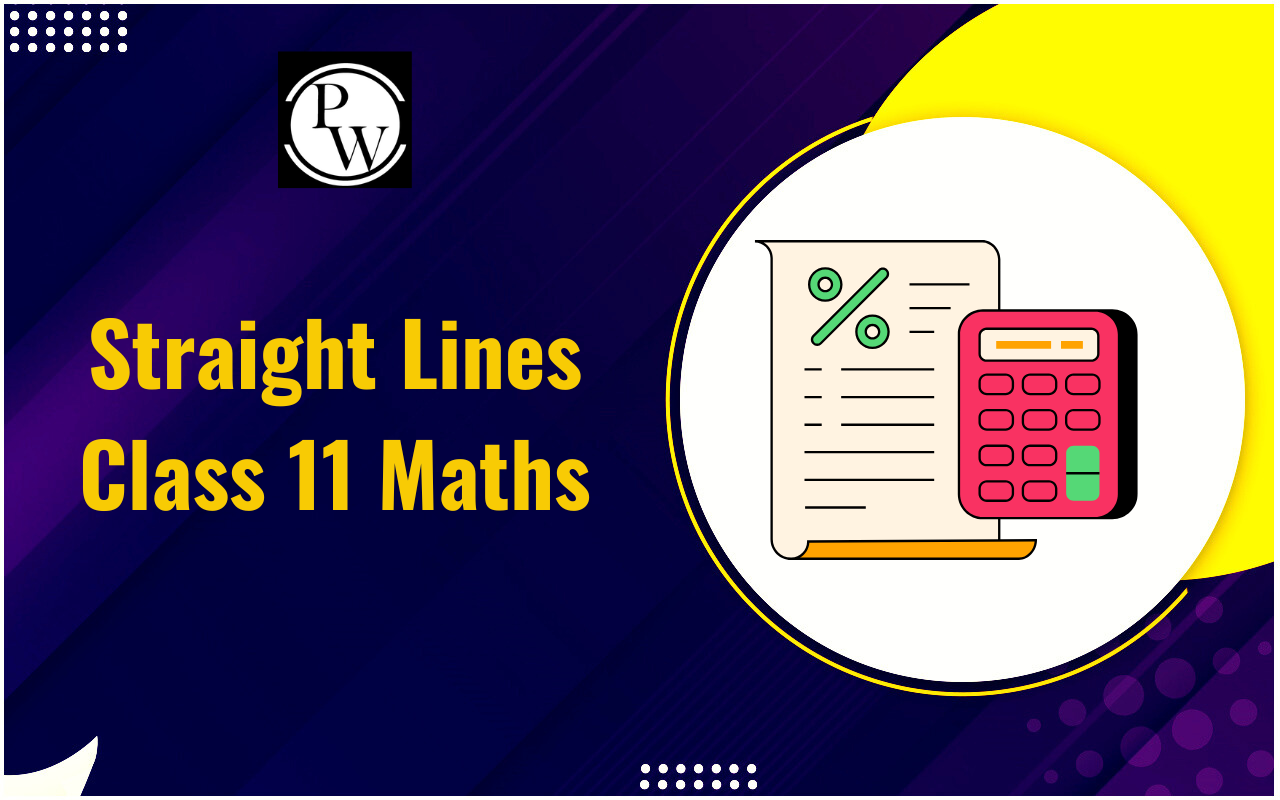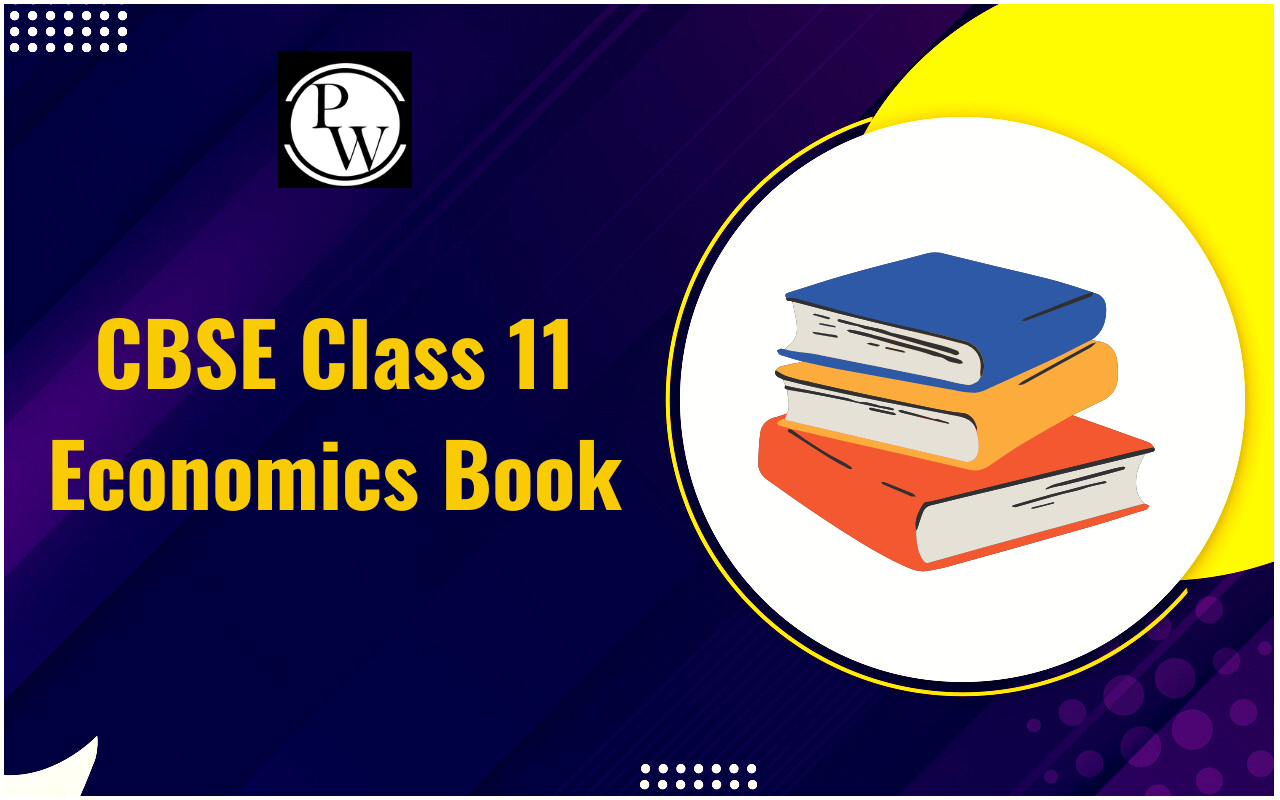
Difference Between B.com, BBA, and BMS: After completing Class 12 in the Commerce stream, students often find it challenging to choose the most suitable course that aligns with their career objective. Commerce students are eligible for various courses. However, B.com, BBA, and BMS are preferred by most students after 12.
All these courses include many similar subjects, and they all offer distinct academic paths. While BBA helps students strengthen their business and managerial skills, B.Com improves their financial and accounting knowledge. On the other hand, BMS helps students learn business principles with strategic aspects of management. Knowing the key difference between B.Com, BBA, and BMS helps students make an informed decision.
B.Com vs BBA vs BMS
Students who want to pursue higher education in commerce must understand the details of B.Com, BBA, and BMS. Each of these courses has a distinct academic direction and career relevance.
What is B.Com?
B.Com is a three year academic degree that introduces students to the world of commerce and finance. It equips students with essential knowledge in areas such as accounting, economics, business law, taxation, insurance, and management principles.
B.Com is ideal for those who want to develop a strong understanding of commerce. B.com students can also aim to pursue professional paths like CA, CS, CMA, or CFA. Additionally, B.Com opens doors to various postgraduate studies and professional certifications in finance and accounting.
What is BBA?
BBA is an undergraduate program designed for students interested in business operations and administration. It offers both theoretical and practical knowledge in areas such as marketing, human resources, finance, entrepreneurship, and strategic management.
The subjects included in the BBA course allow students to strengthen their business and management skills. BBA gives a stronger emphasis on corporate leadership and operational management.
What is BMS?
BMS is a specialised undergraduate program that strengthens students’ managerial and business skills. Although the BMS course structure is similar to BBA, it mainly focuses on enhancing the analytical, logical, and decision-making skills of students.
BMS integrates subjects like finance, economics, and organisational behaviour. This way, the BMS course prepares students to handle real-world business challenges. BMS is best suited for students who want to strengthen leadership capabilities and understand strategic business management.
Also Check: Limits To Credit Creation and Money Multiplier
Which is Better BBA or B.Com?
BBA and B.Com are the most popular courses considered by commerce stream students. However, many students often feel confused when it comes to selecting between these programs. Knowing the details of these courses, including the subject covered, the scope after course completion, can help students make a decision that allows them to achieve their career objective.
BBA Course Details
BBA is a suitable course for candidates who enjoy taking charge, organising events, and growing the business. This course is designed to teach students the basics of business management and operations. Additionally, students learn about the following aspects during BBA:
-
Marketing
-
Human Resources (HR)
-
Entrepreneurship
-
Business strategy
-
Communication
-
Leadership skills
Career options after completing the BBA course include the following:
-
Managerial roles in companies
-
Jobs in marketing, HR, or sales
-
Starting one’s own business or pursuing an MBA
B.Com Course Details
B.Com is a suitable course for students who enjoy working with numbers, understanding financial systems, and studying subjects like accounting and economics. This course is structured to provide in-depth knowledge of commerce and finance. It also helps students prepare for various professional qualifications in the commerce field.
During a B.Com program, students typically study the following subjects:
-
Accounting
-
Auditing
-
Taxation
-
Economics
-
Business Law
-
Banking
-
Financial Management
-
Insurance
The following career options are available to students after completing a B.Com course:
-
Jobs in banking, finance, and accounting
-
Opportunities in both government and private sector finance roles
-
Higher studies such as M.Com, CA, CMA, CS, or MBA (Finance)
Difference Between B.Com and BBA in Terms of Subjects
Both B.Com and BBA introduce students to the fundamentals of business. However, their main subjects and teaching approach are different. B.Com majorly covers finance, accounting, taxation, and business law. In contrast, the BBA course includes more practical and management-oriented subjects.
The table below presents the key topics included in the B.Com and BBA courses:
| Difference Between B.Com and BBA in Terms of Subjects | ||
| Category | B.Com (Bachelor of Commerce) | BBA (Bachelor of Business Administration) |
| Main Focus | Commerce, Accounting, Finance, Taxation, Business Law | Business Management, Operations, HR, Marketing, Strategy |
| Subject Style | Theoretical and analytical | Practical and application-based |
| Key Accounting Subjects | Financial Accounting, Corporate Accounting, Cost Accounting | Financial & Management Accounting, International Finance |
| Law-Related Subjects | Business Laws, Company Law, Industrial Laws, Tax Laws | Fewer legal topics; focus more on management-related rules |
| Economics Subjects | Business Economics, Macroeconomics | Business Economics (with managerial applications) |
| Mathematics/Stats | Business Mathematics and Statistics | Business Math, Statistics, Quantitative Techniques |
| Marketing & Sales | Limited coverage | Principles of Marketing, Consumer Behaviour, Sales Management |
| Human Resource Topics | Not typically emphasized | HR Management, Training and Development, Compensation Systems |
| Taxation & Auditing | Income Tax, Indirect Tax, Corporate Tax Planning, Auditing | Not a primary focus |
| Decision-Making Subjects | Less emphasis | Operations Research, Strategic Decision Making |
BBA vs BMS Scope and Salary
When it comes to choosing between BBA and BMS, the decision often depends on a student’s preference and career objective. However, the salary prospects also impact students' decisions. Knowing the scope of a course is crucial to understanding the kind of job roles, industries, and growth opportunities it offers.
While both BBA and BMS degrees lead to careers in business and management, their focus areas differ slightly. By understanding the scope and average salary packages of each course, students can make a well-informed decision.
The table below presents the sectors where BBA and BMS candidates can get jobs and their average starting salary:
| BBA vs BMA Scope and Salary | |
| BBA | BMS |
| Operations | Finance |
| Marketing | HR |
| Sales | Strategic Management |
| Entrepreneurship | Consulting |
| Average Starting Salary: 3-7 LPA | Average Starting Salary: 3-5 LPA |
B.Com and BMS Course Comparison
B.Com and BMS are two well-paying courses for students who want to enter the commerce and management sector. Both programs are suitable for students with different career interests.
Presented below is the detailed B.Com and BMS course comparison:
| B.Com and BMS Course Comparison | ||
| Criteria | B.Com (Bachelor of Commerce) | BMS (Bachelor of Management Studies) |
| Full Form | Bachelor of Commerce | Bachelor of Management Studies |
| Duration | 3 Years | 3 Years |
| Course Focus | Finance, Accounting, Economics, Taxation | Business Management, Leadership, Strategy, HR, and Marketing |
| Admission Criteria | Merit-based / Entrance (CUET, IPU CET) | Entrance-based / Merit-based (CUET, university-specific exams) |
| Eligibility | 10+2 (Commerce preferred) | 10+2 with minimum 50% (any stream) |
| Main Subjects | Financial Accounting, Business Law, Cost Accounting, Economics | Business Communication, Marketing, HR, Finance, Strategic Mgmt. |
| Top Colleges | SRCC, Hindu College, Hansraj, Christ University, Ramjas College | St. Xavier’s, S.K. Somaiya, Jain University, IIMS, JLU |
| Career Focus | Finance, Accounting, Taxation, Banking | Business Operations, Marketing, HR, Corporate Management |
| Popular Job Roles | Accountant, Tax Consultant, Financial Analyst, Auditor | Marketing Executive, HR Executive, Sales Executive, Manager |
| Average Salary Range | INR 1 LPA – INR 9 LPA | INR 4 LPA – INR 6 LPA |
Join PW Commerce Online Course and unlock your potential with quality education and dedicated learning support.
Difference Between B.com, BBA, and BMS FAQs
Which is better BBA or BMS?
Which is better, BMS or B.Com?
Which is better, BCom or BBA?
Does BMS have scope in future?
Is BMS easy or hard?










